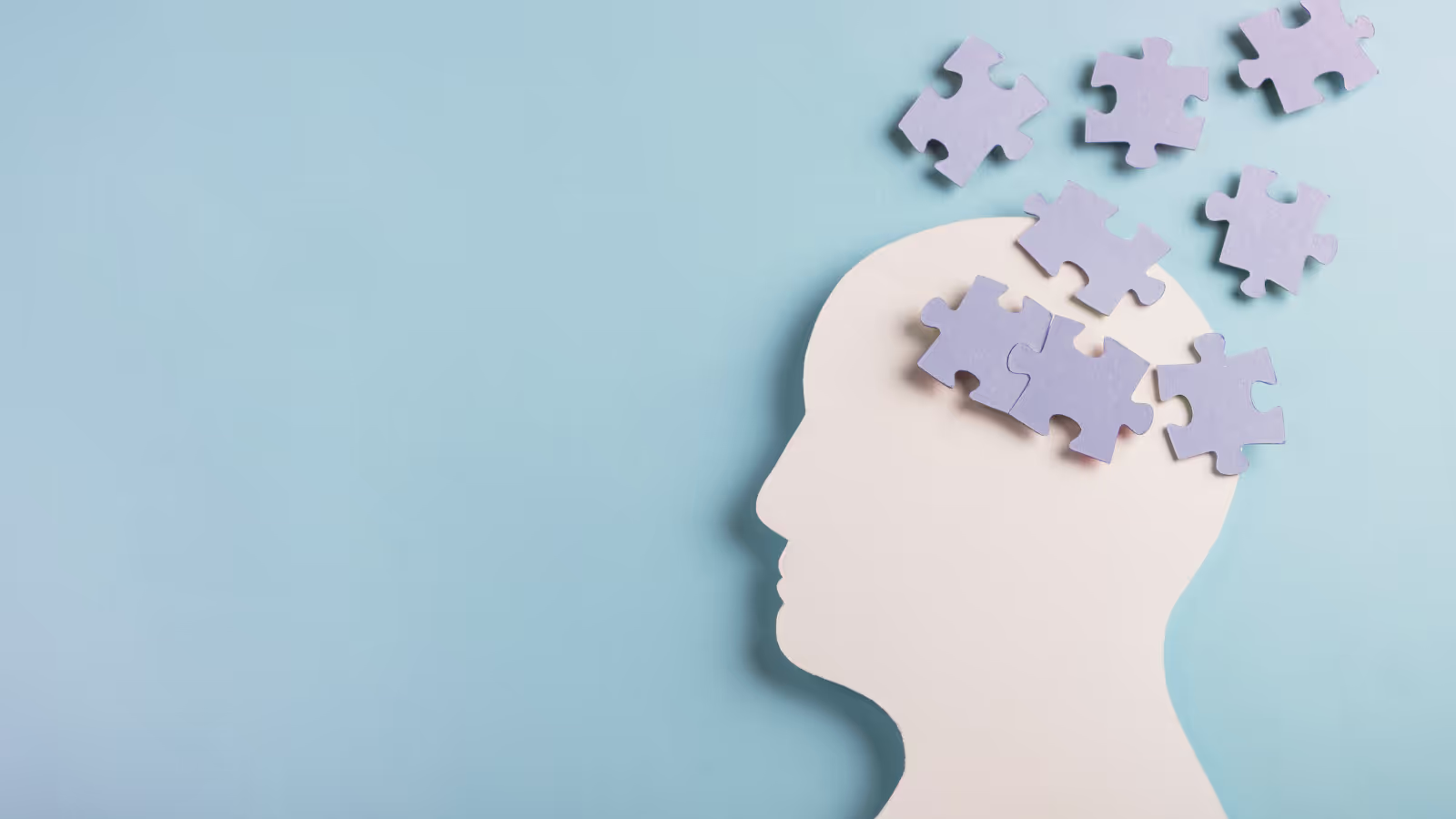Cognitive Rehabilitation: What is it?

Cognitive rehabilitation is a clinical intervention based on neuropsychology and neuroscience that aims to improve functions such as: attention, memory, reasoning, planning, organization and emotional self-regulation.
It is an approach used in different phases of life and not only in aging - it is useful in:
- Children with learning difficulties
- Teenagers with PHD
- Adults in burnoutor emotional recovery
- Elderly in the process of cognitive decline
As the challenges related to attention, stress, academic performance and population aging increase, so does interest in strategies that help keep the brain functional, autonomous and balanced.
Cognitive rehabilitation has thus become an essential tool to improve mental abilities and promote a higher quality of life. 🧠✨
Cognitive Rehabilitation: What is it?
Cognitive rehabilitation is a therapeutic process that uses structured exercises, functional training and strategies based on neuroplasticity to improve brain performance. Its objective is not only to correct difficulties, but also to strengthen mental capacities and compensate for weakened functions.
💡 Neuroplasticity → the ability of the brain to modify its structure and function in response to experience, learning, environmental stimulation, training or injury. This process involves the formation of new synaptic connections, the strengthening or weakening of existing neuronal circuits and, in some cases, the functional reorganization of brain areas.
Cognitive rehabilitation is indicated when there is alteration or immaturity in areas such as attention, memory, executive functions, processing speed, problem solving or emotional self-regulation.
This can happen in different contexts of life, from school challenges to periods of intense stress, neuropsychological injuries, trauma, neurodegenerative diseases or even aging itself.
The scientific basis of cognitive rehabilitation is based on the principle that the brain is able to reorganize and adapt to training. In this context, it is important to reinforce repeated, structured and oriented practice to strengthen neural networks and improve cognitive abilities in a lasting way.
🧠 That is why this intervention exists: because it is possible to train the cerebellum, just as we train other capabilities of the body, and promote significant changes in mental functioning.
Cognitive rehabilitation in aging
Although cognitive rehabilitation is useful at all ages, aging remains one of the main reasons that lead many people to seek it.
Over the years, some brain functions tend to decline. This decline may result inday-to-day practical difficulties, such as remembering errands, managing appointments, taking medication, or maintaining organized routines.
Aging is guided by the decline of some cognitive functions such as:
⚠️ The attention
⚠️ The memory
⚠️ The processing speed
⚠️ The ability to plan and organize
⚠️ Cognitive flexibility
Some functions reach their peak at the beginning of adult life, while others begin to decline at the age of 30 or only reach their maximum around 40. Whenever there is a decrease in the ability to perform previously simple tasks, early assessment is recommended — the sooner these capabilities are reinforced, the less functional loss will be.
Cognitive rehabilitation thus becomes a way to preserve autonomy and well-being, helping people to remain active and independent for longer.
Neurofeedback in Cognitive Rehabilitation
Currently, the technique of Neurofeedbackdemonstrates very positive results when used for the realization of Neurocognitive Rehabilitation, with an impact of this especially at the level of stimulation of attention.
Neurofeedback acts and monitors brain electrical activity in real time and promotes adjustments in neural self-regulation.
Studies show that Neurofeedback:
✅ Improves attention and concentration
✅ Increases processing speed
✅ Reduces impulsivity
✅ Promotes emotional stability
✅ Complements cognitive training exercises
Cognitive Rehabilitation: when to seek help?
It is recommended to seek assessment when cognitive decline interferes with tasks that were previously simple.
The same applies to children or adolescents who have attention difficulties, impulsivity, disorganization, poor working memory or low school performance.
Seeking support early makes all the difference, because the brain responds better to intervention when training starts before the difficulties get worse.
Cognitive rehabilitation is a powerful tool to preserve autonomy, improve mental functions and support healthy aging! 💙
References
American Psychiatric Association: Diagnostic and Statistical Manual of Mental Disorders, 5th ed Text Revision (DSM-5-TR). Washington, D.C., American Psychiatric Association, 2022, pp 752.
Unión Europea. (2020). Ageing Europe: Looking at the lives of older people in the EU (2020 edition). Publications Office of the European Union. ISBN 978-92-76-21520-2. doi:10.2785/628105.
Hartshorne, J. K., & Germine, L. T. (2015). Quando è una funzione cognitiva più? The asynchronous rise and fall of different cognitive abilities across the life span. Psychological science, 26 (4), 433—443. https://doi.org/10.1177/0956797614567339
Loriette, C., Ziane, C., & Ben Hamed, S. (2021). Neurofeedback for cognitive enhancement and intervention and brain plasticity. Neurological Review, 177 (9), 1133—1144. https://doi.org/10.1016/j.neurol.2021.08.004
National Institute of Aging — NIA; National Institutes of Health — NIH; 2024. Cognitive Health and Older Adults. https://www.nia.nih.gov/health/brain-health/cognitive-health-and-older-adults
We Train Brains, Strengthen Minds, Transform Lives
Schedule an appointment and see how we can help your family.
No time for a call now? Leave your details and we will get in touch:

Wonderful team, concerned, attentive and always available to help in everything.
With the passage of time, the results are being verified.
I am grateful to have met Neuroimprove and all its professionals.




